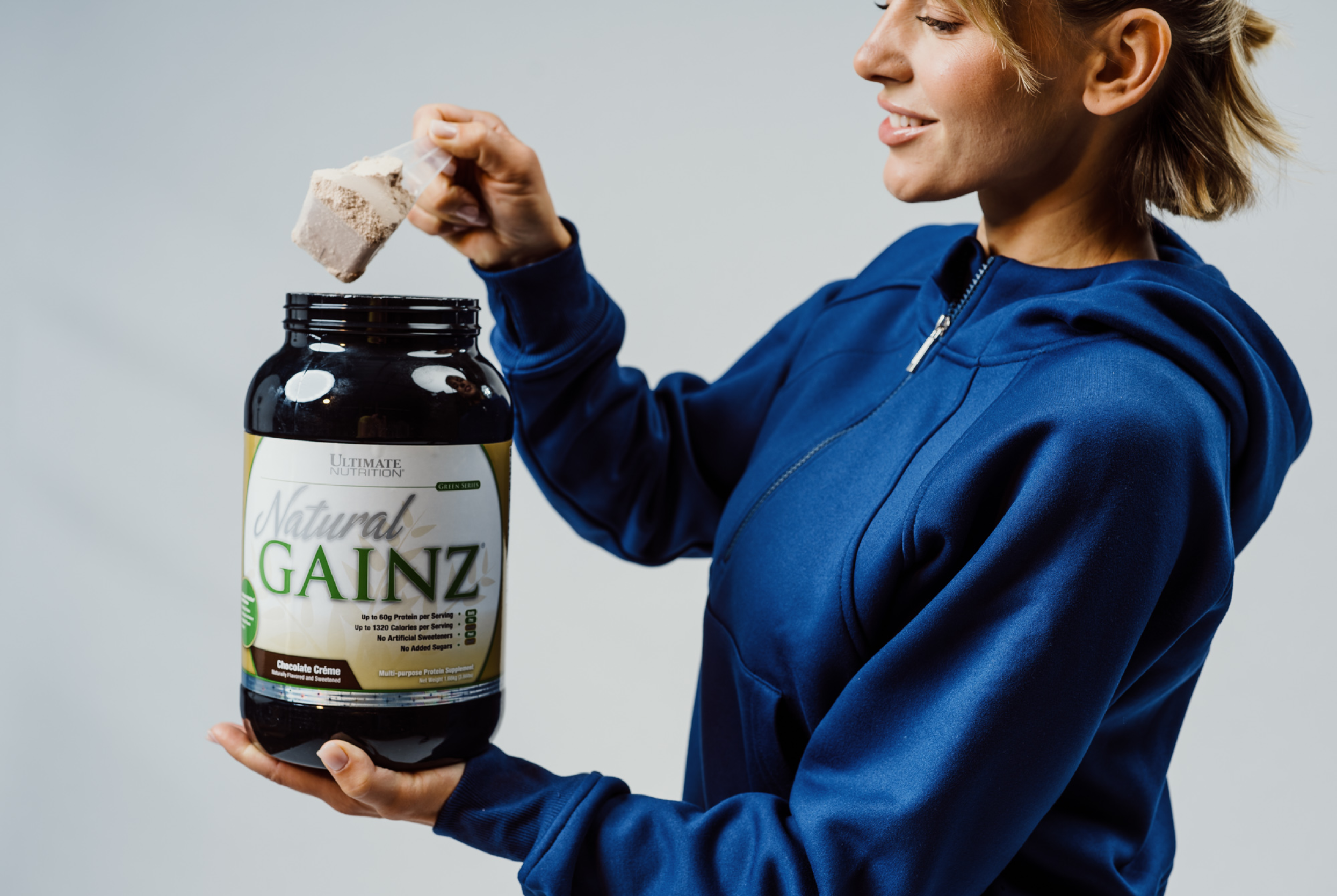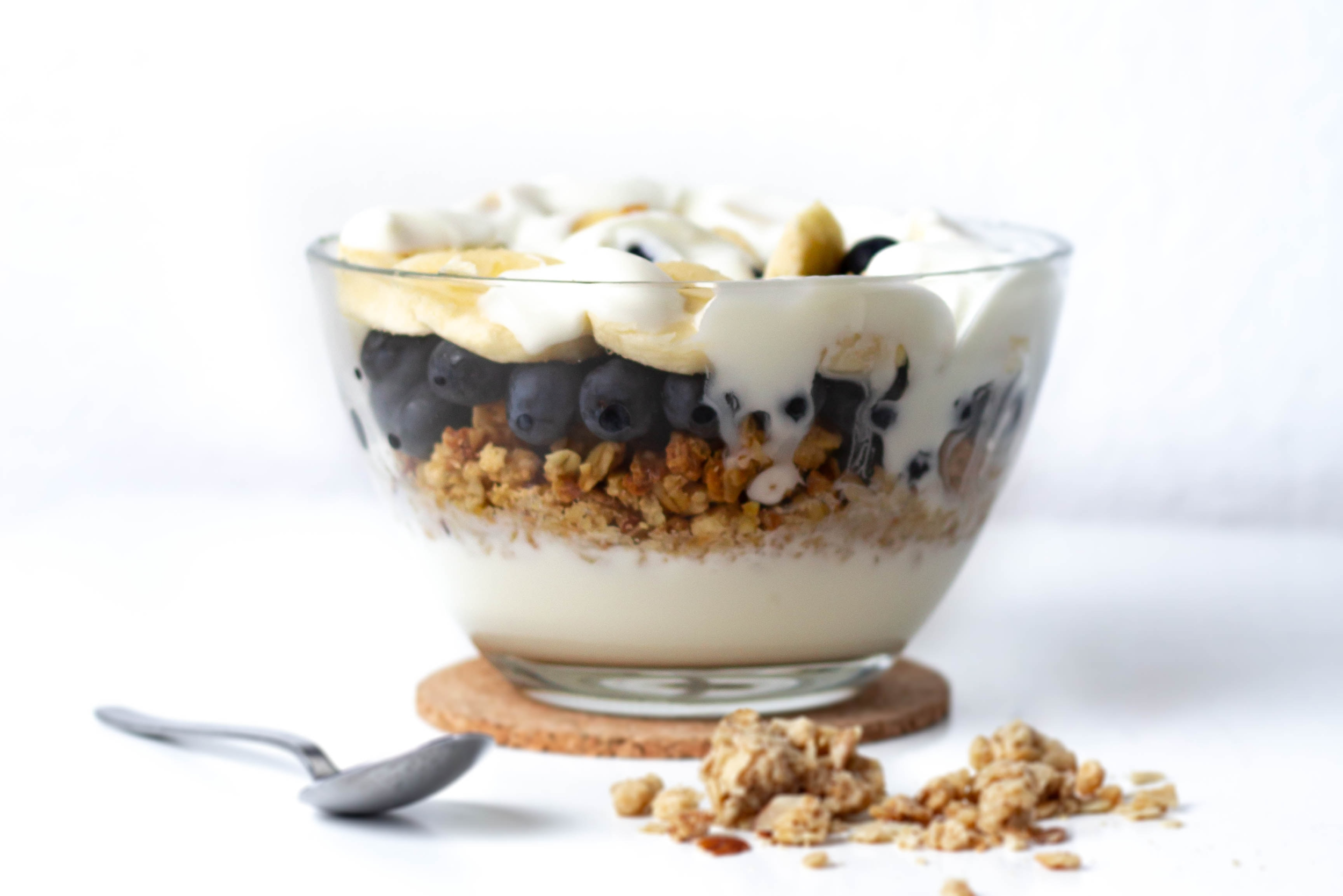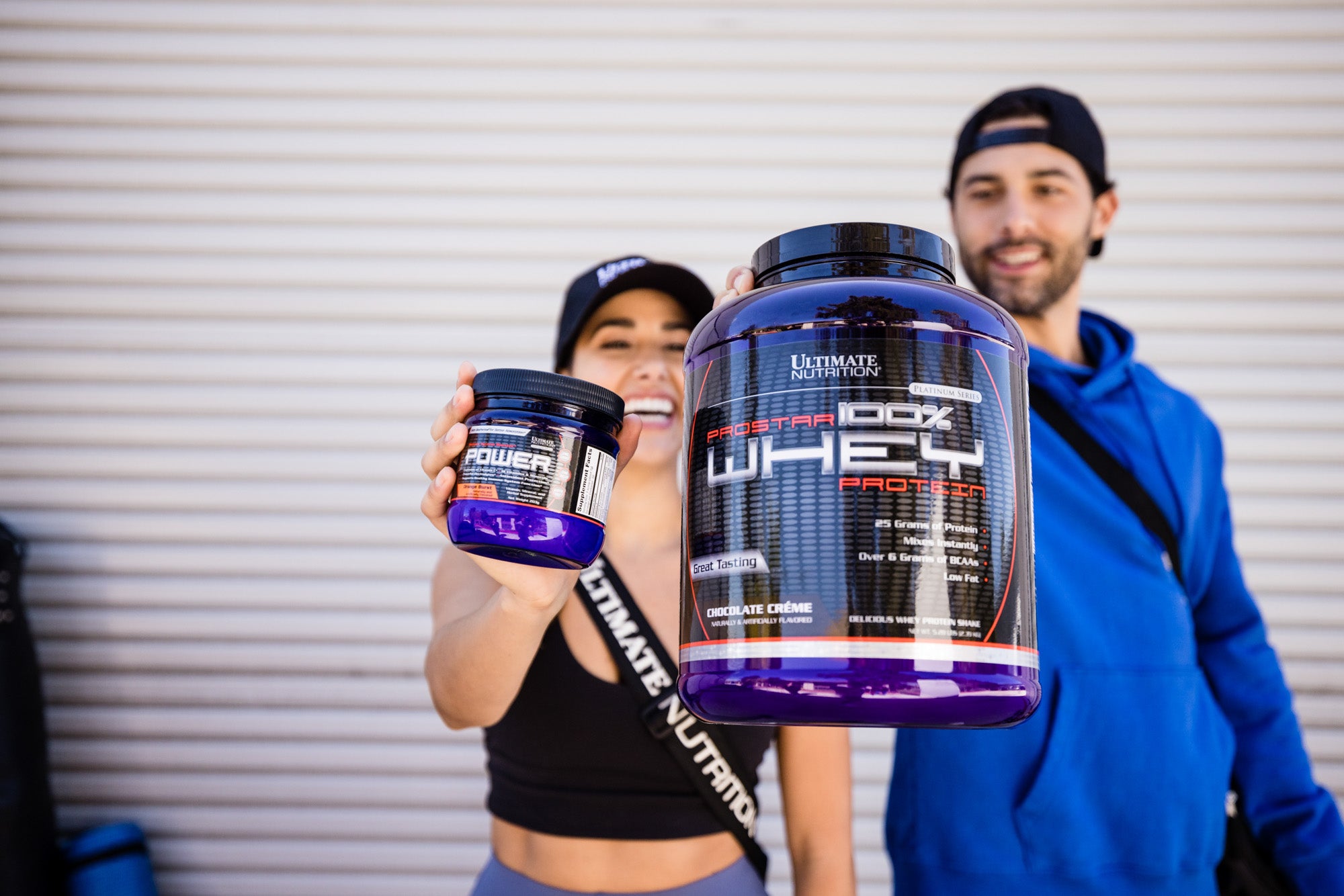Proteins are the building blocks of the body.
They are essential for muscle and tissue repair, hormone production, and the growth and development of the body.
In the world of fitness and nutrition, one source of protein that stands out for its superior quality, digestibility, and nutrient density is whey protein.
But, as women, we are often bombarded with misconceptions and myths, especially when it comes to whey protein. It is high time we debunk these myths and shed light on the multiple benefits whey protein offers for women who are focusing on their health and fitness.
In this article, we'll discuss the myths surrounding whey protein and explore the numerous benefits this superfood provides for women’s health and fitness, backed by scientific evidence.
Let's dive in to unravel the truth.
Myths Surrounding Whey Protein for Women
Myth 1: Whey Protein Will Make Women Bulk Up
One of the most common misconceptions circulating around the fitness world is that consuming whey protein will make women bulk up.
Many believe that it’s a supplement strictly for men, bodybuilders or athletes, and women who consume it will end up gaining excessive muscle mass, thereby keeping them from achieving that lean and toned body women usually desire.
However, this myth is far from the truth.
Women do not produce as much testosterone — the primary hormone responsible for muscle growth — as men do. Therefore, even with a high protein intake, women tend not to bulk up like men.
The muscle growth that does happen is lean and toned, rather than bulky.
According to a study published by the Journal of the International Society of Sports Nutrition, whey protein supplementation along with resistance exercise can help improve muscle protein synthesis and promote the growth of lean muscle mass, which is what most women desire.

Myth 2: Whey Protein is Unnecessary if You Eat a Healthy Diet
Another myth about whey protein is that it’s unnecessary if you’re already consuming a healthy diet. It’s true that a balanced diet provides us with proteins, but achieving the required daily intake of protein can be challenging, especially if you have a busy lifestyle or dietary restrictions.
Whey protein is a quick, convenient, and efficient way of ensuring that your body gets the necessary protein it needs to repair and build tissues, especially after a workout.
According to the International Society of Sports Nutrition, protein supplements like whey effectively assist in post-workout muscle recovery and growth, particularly when whole food protein sources are not readily available or convenient.
Myth 3: Whey Protein isn’t Good for Women’s Health
Despite common misconceptions, whey protein is not detrimental to women's health.
Concerns about weight gain, hormonal imbalances, and kidney damage are largely rooted in misinformation.
On the contrary, multiple studies have demonstrated the positive impact of whey protein on women's well-being. It aids in weight management, bolsters the immune system, reduces the risk of heart disease and type 2 diabetes, and even supports healthy aging.
The American Journal of Clinical Nutrition has published that high protein diets are safe and do not harm kidney function in healthy individuals.
The idea that whey protein disrupts hormonal balance is a common myth among women. However, it's important to note that this concern lacks scientific evidence.
On the bright side, whey protein consumption can actually trigger a beneficial insulin response, particularly after exercising.This insulin response helps transport essential amino acids into our muscles, crucial for promoting recovery and growth during our fitness journey.
As for estrogen and progesterone, the primary female hormones, there is no direct evidence suggesting that whey protein has any significant or harmful impact on them. Nevertheless, prioritizing our health and safety is always the most important.
If specific health concerns or conditions are present, it's advisable to seek guidance from a healthcare professional or registered dietitian before incorporating any new dietary regimen.

Benefits of Whey Protein for Women
Benefit 1: Supports Weight Management
Whey protein is a proven ally in weight management. According to a study published in Nutrition & Metabolism, individuals who included whey protein in their diet experienced more significant weight loss compared to those who didn't.
This is largely due to the satiety-inducing effect of protein, which helps to keep hunger pangs in check and reduce overall calorie intake.
Moreover, whey protein has a high thermic effect, meaning it requires more energy to digest, thus aiding in calorie burn. Further, the lean muscle mass you build with the help of whey protein is metabolically active and helps in maintaining a healthy weight.
A study from the National Library of Medicine also corroborates this by stating that whey protein, when combined with a low-calorie diet, can help lose fat mass while preserving lean muscle.
Benefit 2: Boosts Immune System
Whey protein isn't just for muscle building and weight management - it's also a potent immune booster.
It contains a high concentration of essential amino acids and bioactive compounds that can enhance immunity. According to the National Institute of Health, whey protein can boost the production of glutathione, a powerful antioxidant that plays a pivotal role in maintaining immune health.
Moreover, studies also reveal that whey protein can enhance the activity of natural killer cells, an essential component of our immune system that helps fend off illnesses.
This makes whey protein an excellent supplement for overall health and wellness.

How to Incorporate Whey Protein into Your Diet
Tip 1: Determine Your Protein Needs
The first step in incorporating whey protein into your diet is to determine your protein needs.
Dietary protein requirements vary depending on various factors such as your age, weight, activity level, and health status.
As a general rule, the Journal of the International Society of Sports Nutrition recommends 1.4 to 2.0 grams of protein per kilogram of body weight for physically active individuals.
However, it's best to consult with a healthcare provider or a dietitian to get personalized recommendations.
Once you've determined your protein needs, you can consider supplementation with whey protein.
It's a convenient and efficient way to meet your protein needs, especially if you have a busy lifestyle or workout regularly.

Tip 2: Incorporate Whey Protein in Meals and Snacks
While many people associate whey protein with post-workout shakes, there are numerous ways to incorporate this versatile supplement into your diet.
You can add it to your morning smoothie, mix it in with your oatmeal, or use it in protein-packed baking recipes. It's a quick and easy way to boost the protein content of your meals and snacks.
Remember, consistency is key when it comes to seeing the benefits of whey protein.
Make it a part of your regular diet, and you'll soon see the positive impacts on your health and fitness.
Your Take Home Message
In conclusion, whey protein is a valuable addition to a woman's diet.
It is not just a tool for bulking up, but a versatile supplement with numerous health benefits.
It supports weight management, boosts immunity, and aids in muscle recovery and growth.
Furthermore, it has been shown to be safe and good for overall women's health.
Indeed, the myths surrounding whey protein for women are just that - myths.
When consumed in the right way and in the right amounts, whey protein can significantly contribute to a woman's health and fitness journey.
As always, it's crucial to consult with a healthcare provider before starting any new supplement regimen.
Remember that every step taken towards a healthier lifestyle counts, and incorporating whey protein is one effective step in that direction.
Here's to your health and well-being!
Sandra, R.H.N.
The information provided in our articles are meant for informational and educational purposes exclusively and should not be considered as medical advice. It is essential to consult a healthcare professional before starting a new nutritional product and/or making significant changes to your diet and/or starting a new exercise regime. These products are not intended to diagnose, treat, cure, and/or prevent disease.








Comments
Very useful. It helps people to make informed decisions
Is it ok to take the protein for women at age of 25 ? Any side effects ? Any health issue?
Great article! Benefits I didn’t even know about! 🙌
Such a well written and informative article!